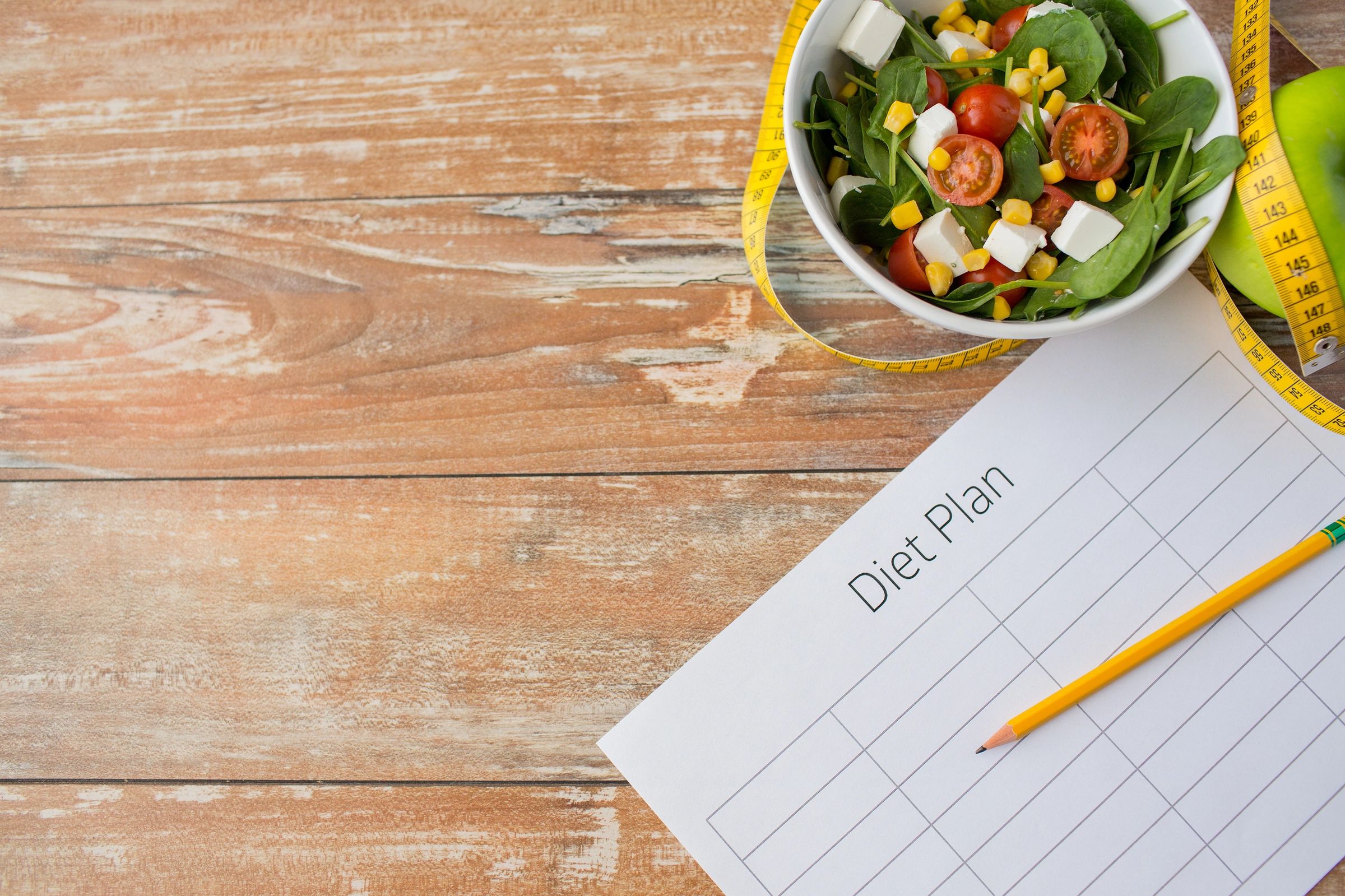Eating breakfast always seems to be included in recommendations for losing weight and being healthy. But why? There are lots of healthy people who don’t eat breakfast, so is eating breakfast really necessary? Here are some of the differences.
Eating Breakfast:
- Decreased risk of chronic disease and obesity
- Increases metabolism
- Increases hunger
- Decreases ravenous hunger and overeating later in the day
- Improved concentration
- High protein breakfast associated with muscle maintenance and fat loss
Skipping Breakfast:
- Associated with type 2 diabetes and obesity
- May result in weight loss
- Improved fat loss with fasting morning exercise
- More likely to overeat later in the day
- May result in hormone dysregulation
Clear as mud, right?
The purpose of breakfast is to fuel your body and brain for the day. It is the first meal after your night of fasting, which is why it is called “break fast”. Essentially, everyone eats breakfast everyday; however, the time of day is the variable. Research has shown that our body metabolizes food differently in the morning that it does in the evening, so timing does matter.
What if I am not hungry in the morning?
I don’t ever promote eating if you are not hungry; however, it’s important to find out WHY you are not hungry in the morning. Most people who are not breakfast eaters, tend to be night eaters. They eat a large meal late in the day or snack before bed, so their body doesn’t really enter a fasted state while sleeping. If you are not hungry in the morning, I would recommend shifting your eating window, so you are not going to bed on a full stomach. By doing this, you should notice more hunger in the mornings.
This same theory can work for kids. Research shows a strong correlation between breakfast and academic performance, since a growling stomach would be an obvious distraction to learning. If your child doesn’t like to eat breakfast before school, make sure they are are not eating right before bed.
But what if eating breakfast makes me eat more?
Eating more is not always a bad thing. Most people undereat on a regular basis leading to fatigue and a sluggish metabolism. Eating breakfast kickstarts your metabolism for the day and as your body uses up its energy supply, it will initiate hormones to make you feel hungry when it needs more food. One reason people feel hungrier is because their breakfast lacks enough protein to keep them satisfied. By eating enough protein, you should notice that you stay fuller longer. On another note, most people who skip breakfast end up making up for it later in the day, so your overall intake is really not any different.
What about intermittent fasting?
I’m not a proponent of intermittent fasting, but you can still do it and eat breakfast at the same time. This can be done by shifting the eating window to earlier in the day rather than later.
Final thoughts.
The breakfast meal is the most important meal of the day and should contain a balance of carbohydrate and protein. This will keep you fuller longer and prevent blood sugar imbalances. A general amount to aim for is 30 g carbohydrate + 30 g protein. Remember, you want to establish an eating pattern that supports your health makes you feel your best. Eating breakfast is one of those things that has more benefit than not.
Originally published July 25, 2015. Updated July 12, 2023.



 Why Diets Don’t Work
Why Diets Don’t Work